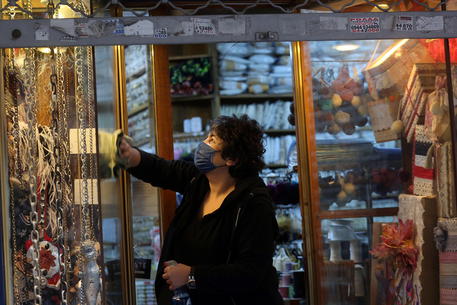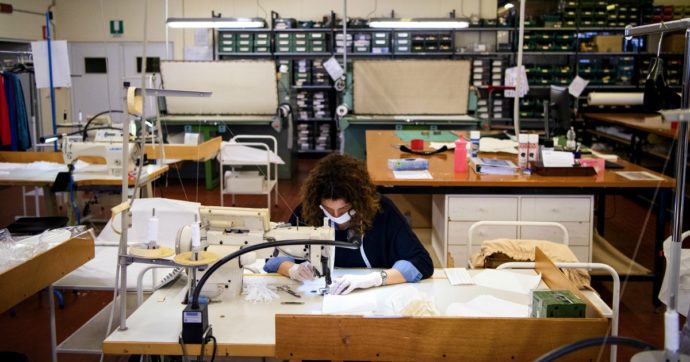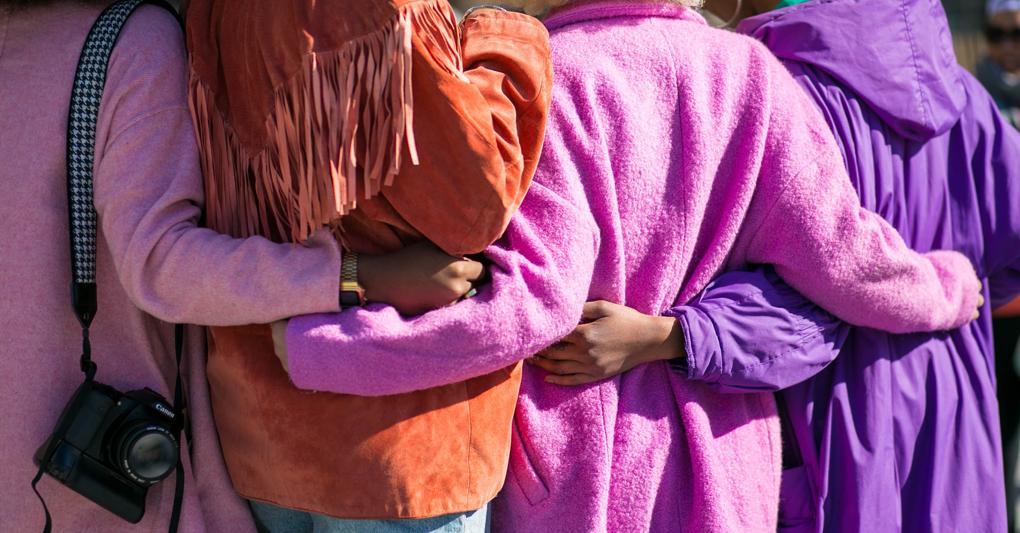BBC – The pandemic has had widely varying effects on different generations, races, nations, sectors and genders. Nearly a year in, the data shows women in the UK have not been more likely to lose their jobs, but they have been harder hit in many other ways.
They are more than half the population, so a focus for one day each year is bound to look tokenistic. That doesn’t mean it isn’t worth the try. So, for International Women’s Day, let’s take a look at the way the pandemic has affected them, particularly in the workplace. March 8 brings a lot of new evidence. In sectors including key workers – health care, schools, social care and supermarkets – women outnumber men by 4.8m to 1.6m, according to the Living Wage Foundation.
However, within these sectors, women are more likely than men to earn less than the real Living Wage (the non-statutory one calculated on basic needs, at £9.50 per hour and more in London). In schools, it found that is true of 22% of women and 8% for men. In supermarkets, it is true of 50% of women and 41% of men. Women business owners are more likely to have found the pandemic stressful. NatWest/Royal Bank of Scotland reports its own survey finding that is true of 71% of businesswomen and 55% of male entrepreneurs. The gap is larger when asked about struggling business demands with family life.
The Economist publication runs an annual Glass Ceiling Index across 29 developed economy nations, combining data on higher education, labour force participation, pay, childcare costs, maternity and paternity rights, business school applications and representation in senior roles. To no-one’s surprise, northern Europe does well, with Sweden top, followed by Iceland, Finland and Norway. Britain ranks 20th out of 29, up three places on last year because it does relatively well in the share of senior roles occupied by women. The USA is two places higher.
Home-working through the pandemic is thought to have landed women with a disproportionate workload in childcare and home schooling, while disparities in housework persist.
With childcare centres closed or restricted through lockdowns, the Institute of Fiscal Studies noted that the paid childcare sector has been particularly vulnerable to financial distress.
Many such businesses are run by women and employ mainly women, and run on very narrow margins. The drop in income risks putting many out of business altogether, risking a worsening of access to affordable childcare when the crisis phase is over.

International Women’s Day around the world – in pictures
TheGuardian – From Indonesia to Spain, women have been staging events and protests

Covid chiude imprese guidate da donne, 4mila in meno
ANSA – Confesercenti, pandemia interrompe crescita costante dal 2014

Il Covid imprime una battuta d’arresto alla corsa che stava vivendo da sei anni l’imprenditoria femminile: il bilancio del 2020 certifica un calo dello 0,29% delle aziende guidate da donne, ovvero 4mila attività in meno rispetto al 2019. Proprio le donne hanno infatti pagato il prezzo più alto della pandemia, evidenziano alcuni studi in occasione della Festa della donna.
8 marzo 2021, nessuna festa per la donna: nel 2020 una su due ha visto peggiorare la propria situazione economica – il sondaggio
IlFattoQuotidiano – Secondo un sondaggio Ipsos per We World, la pandemia ha messo in ginocchio le entrate economiche e occupazione femminile. Sempre più donne, inoltre, lasciano il proprio lavoro o rinunciano a cercarlo perché impegnate nella cura e nell’assistenza di parenti. Azzurra Rinaldi, direttrice della School of Gender Economics – Università Unitelma Sapienza: “I criteri di razionalità economica inducono perciò le coppie a lasciare a casa il coniuge che ha un lavoro più instabile o con un salario più basso, due condizioni che spesso caratterizzano l’occupazione femminile. Soprattutto succede in un momento come questo in cui è necessario avere un genitore a casa, basti pensare alla dad”.

L’Italia sta lasciando indietro le donne
IlSole24ore – La pandemia pesa sull’occupazione femminile. Il W20 e il G20 sono l’occasione per riportare al centro dell’attenzione le pari opportunità sul lavoro.



